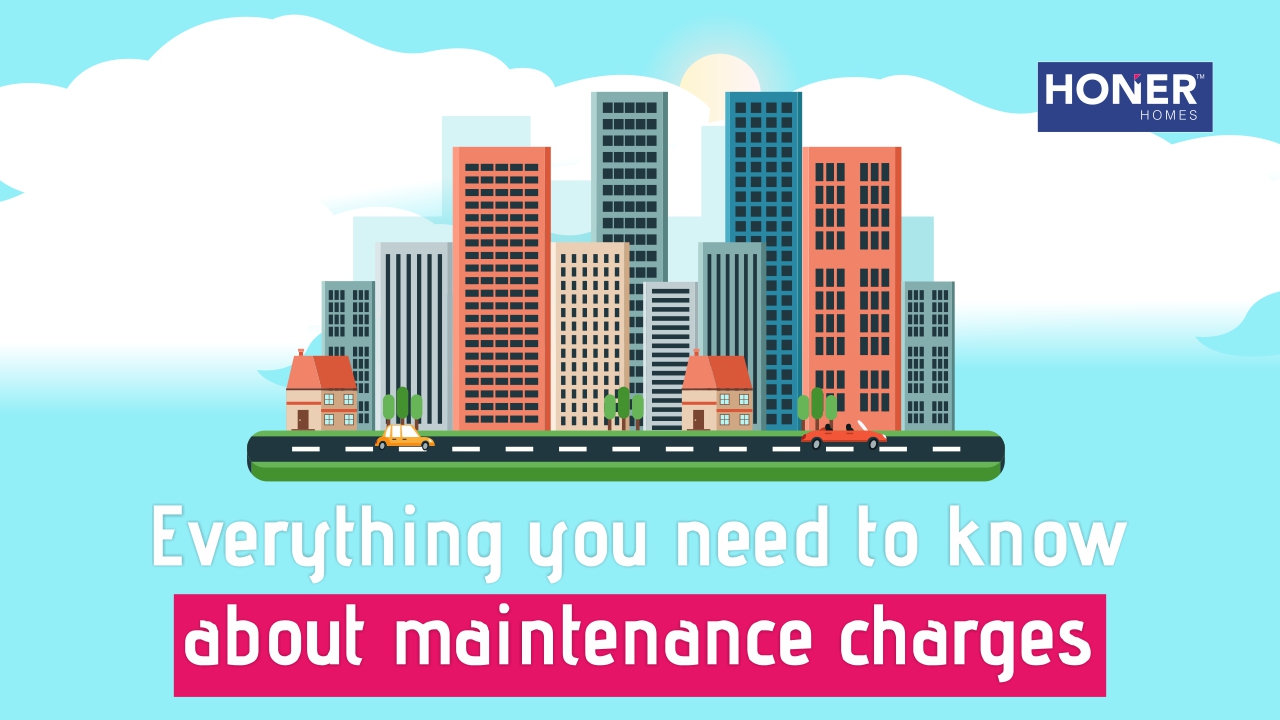For Non-Resident Indians (NRIs), purchasing property in India transcends mere financial investment—it’s about reconnecting with the motherland, preserving heritage, and establishing a sense of belonging. Navigating the Indian real estate market from abroad can be challenging, but with the right insights, one can transform this dream into reality. Here’s a comprehensive guide to assist you on this journey.
Laying the Foundation: Understanding the Basics
Eligibility:
Under the Foreign Exchange Management Act (FEMA), NRIs are permitted to purchase both residential and commercial properties without any restriction on the number of properties owned. They can acquire property through inheritance, gift, purchase, or lease agreements.
Property Types:
Despite NRIs have the freedom to acquire residential and commercial properties, they cannot directly purchase agricultural land or farmhouses. These types of properties can only be obtained through inheritance.
Financial Planning: Funding Your Dream
The financial planning and procedure can be slightly different for NRIs who are willing to invest in property in their mother land. Be it the source of funds or tax implications – the nitty gritties are different. Let’s understand how the financial sphere functions when it comes to NRIs.
Sources of Funds:
NRE/NRO Accounts: NRIs need to ensure that their funds are remitted through Non-Resident External (NRE) or Non-Resident Ordinary (NRO) accounts to maintain compliance with Indian regulations.
Home Loans: NRIs can secure home loans from Indian banks, which are repayable via inward remittances or through NRE/NRO accounts. This offers a convenient and regulated way to finance the property purchase.
Tax Implications:
TDS: For properties priced above INR 50 lakh, a 1% Tax Deducted at Source (TDS) is applicable, which needs to be deducted by the buyer.
Income Tax: Rental income earned from the property is taxable in India. Additionally, capital gains tax will apply upon the sale of the property, so it’s crucial to understand these obligations to manage the finances effectively.
Navigating the Legal Maze: Compliance and Documentation
If you an NRI and willing to own a piece of property in India, here are the documents you require to produce during the time of property purchase.
Passport and Visa: These documents serve as proof of your NRI status and are essential for property transactions.
PAN Card: A Permanent Account Number (PAN) card is mandatory for conducting property transactions in India.
Power of Attorney (PoA): If you cannot be physically present in India, appoint a trustworthy PoA to handle transactions on your behalf. Ensure that the PoA is registered and specific to property transactions.
Verification Checklist:
Here are the documents you must check or run through an attorney before purchasing a property.
Title Deed: Confirm that the property has a clear, undisputed title to avoid future legal issues. Encumbrance Certificate: This certificate ensures the property is free from any legal or financial liabilities, providing peace of mind.
Approvals and Licenses: Verify that the property has all the necessary approvals and licenses from local authorities to avoid any compliance issues.
A Dose of Wisdom Before Making the Final Decision
Location Matters:
Choose cities with robust infrastructure, excellent connectivity, and strong growth potential. Metro cities like Mumbai, Bangalore, and Delhi are popular choices, while emerging hubs like Pune and Hyderabad offer promising opportunities. For instance, the growth Hyderabad real estate market has witnessed is massive. Hence, if you an NRI and wish to invest in India, Hyderabad can be a great place for it.
Reputation of the Builder:
Select properties from reputable builders to minimize the risk of delays and quality issues. Conduct thorough research on the builder’s track record and read customer reviews. For instance, Honer Homes is known for its timely delivery of properties. Hence, if you are considering purchasing a property in Hyderabad, the residential projects of Honer Homes such as Honer Signatis or Honer Richmont can be a great option for you to choose from.
Property Type:
Decide between under-construction and ready-to-move-in properties. While under-construction properties might be more affordable, ready-to-move-in homes offer immediate possession and peace of mind if in case you want to make the purchase fast and move back to abroad within a short period of time.
Managing Your Investment: Upkeep and Returns
If you are not residing in the property, consider hiring a property management service to handle maintenance, rent collection, and tenant management. This ensures your property remains in good condition and generates income. Otherwise, you can rent out your place and get instant appreciation from your investment. For rental income, one must ensure compliance with local rental laws and draft a comprehensive rental agreement to protect the interests and clarify terms with tenants.
Repatriation of Funds: Bringing Your Investment Home
‘Repatriation’ means transferring funds across countries. For an NRI, this involves moving money from an Indian bank account to one in their country of residence. When selling property in India, NRIs must follow FEMA rules, ensuring the repatriated amount doesn’t exceed the purchase amount if bought with bank remittances or FCNR funds. Under certain conditions, NRIs can repatriate up to USD 1 million per financial year.
Here are the documents NRIs need as part of regulatory compliance to ensure a seamless repatriation from India.
NRE/FCNR Account Repatriation Requirements
- Copy of NRI’s passport for identity proof
- Bank statements
- A declaration form stating that the funds to be repatriated are eligible for the particular transaction and in compliance with FEMA regulations.
NRO Account Repatriation Requirements
- Request letter for repatriation and Remittance Abroad form.
- Photocopy of Passport and visa or residence permit.
- Bank statements as the existence of an NRO account.
- Form 15CA and Form 15CB as a part of self-declaration and verify the payment of all due taxes.
Key Considerations Before Making the Final Call
Market Research:
Conduct in-depth research on property prices, market trends, and future prospects. This helps in making an informed decision and choosing a property that meets your long-term goals.
Legal Assistance:
Engage a reliable legal expert to guide you through documentation and legal verifications. This minimizes the risk of legal issues and ensures compliance with Indian laws.
Personal Visits:
If possible, visit India to inspect the property, understand the locality, and meet the builder. Personal visits provide firsthand experience and help in making a well-informed decision.
Loan Terms:
Compare loan terms and interest rates from various financial institutions to secure the best deal. Consider factors like loan tenure, repayment options, and associated fees.
Turning Dreams into Destinity
Buying property in India as an NRI is a journey of reconnecting with your roots, securing a piece of your heritage, and making a wise financial investment. By following this detailed guide, one can navigate the complexities of the Indian real estate market with confidence and clarity. Whether it’s a cozy apartment in a bustling city or a serene villa with top-notch connectivity, your dream home in India awaits.

















































